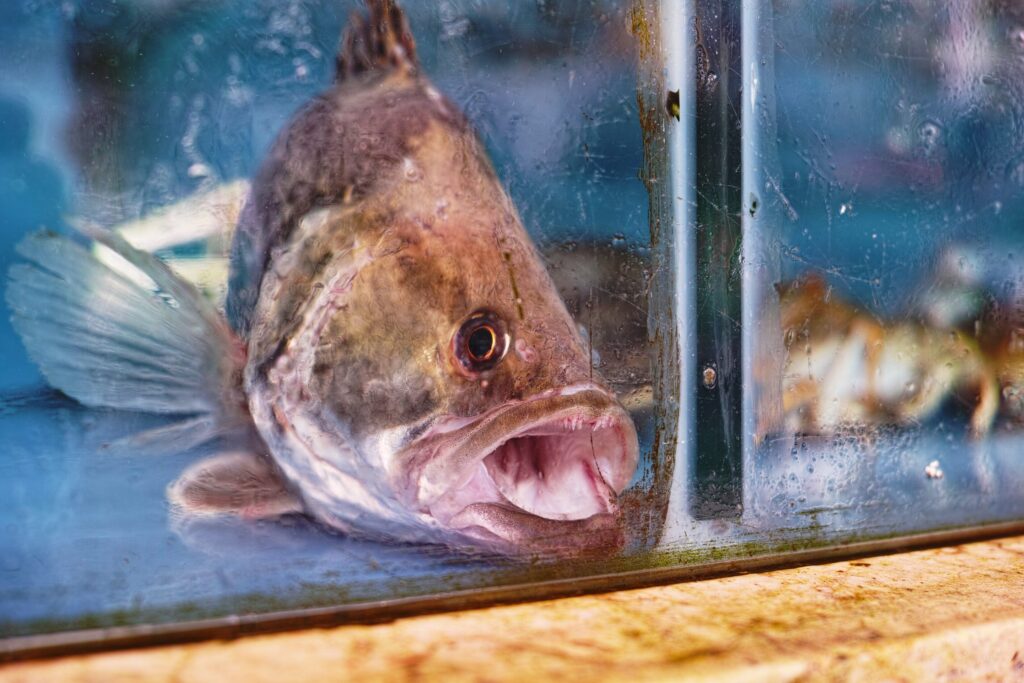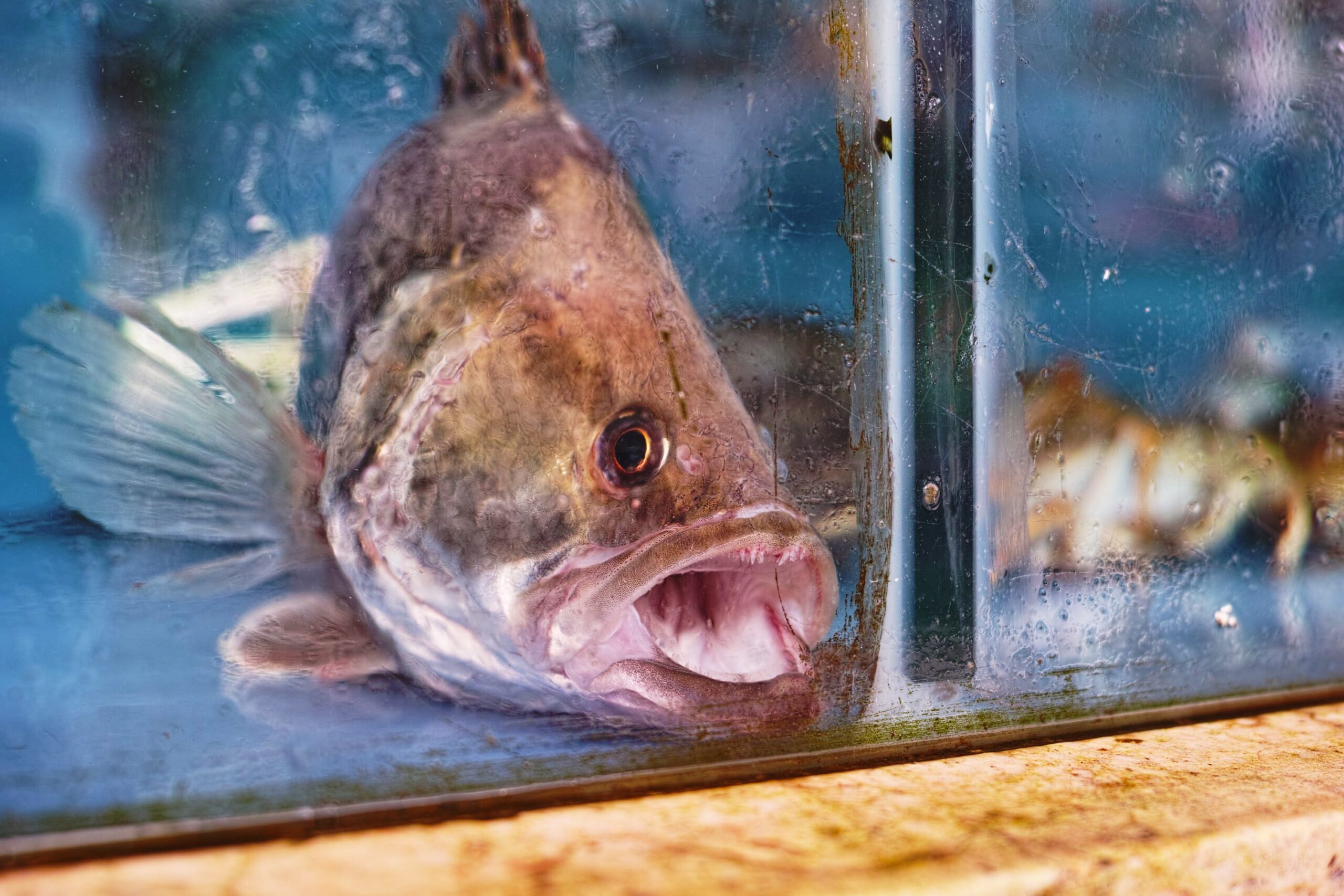A fish owner finds fish vanishing, then witnesses a generally calm fish munching on the carcasses of the missing fish. Is it possible that your fish are murdering and devouring your other fish?
In truth, witnessing one fish devour another signifies almost nothing. When one of the fish in the tank dies, the other fish in the tank swiftly take advantage of the circumstance. Even if a fish is still alive but very weak or sick, his tank mates will pick on him. Here’s why that occurs.

Why Do Fish End Up Eating Other Fish?
Fish, like all living things, are opportunistic. They will consume anything that comes their way. Sure, that meal was their greatest swimming buddy the day before, but he’s now lunch. Everything is a part of the vast circle of existence.
So, how can a fish owner determine who or what is the true killer? It may be an apparent bully at times, yet it could also be another fish entirely. A string of fatalities might be caused by a change in water conditions, an outbreak of an undetected sickness, or just stress. The trick is to pay close attention to what is going on in the tank. This is especially true if you’ve added new fish to the tank or if anything else has changed in the aquarium.
It Takes Time For New Fish To Adjust
New fish in a tank are scrutinized by the other fish. Even in a tank of tranquil fish, there is a pecking order. Territories have already been created, and everyone is waiting to see which space the visitor will select. Quarrels may break out even among typically calm fish if the other fish are threatened in any manner.
When you add a new fish to the tank, pay close attention to all of the others. If you notice any symptoms of aggressiveness, utilise the tried-and-true method of altering the décor. This changes the prior regions and has the potential to calm things down. If the hostility persists, you may have to remove either the aggressor or the target of the assaults.
Water Issues May Be A Factor
An ammonia or nitrite surge is an unseen but common issue that can occur in even the most well-established tank, especially when new fish are introduced. This can strain the tank’s biological equilibrium, resulting in a transient increase in ammonia followed by excessive nitrate. Because the new fish are already stressed from being captured, bagged, transported, and introduced into a totally new ecosystem, they are more vulnerable to a change in water than typical.
It is also possible to temporarily affect the nitrogen cycle balance while doing water changes, filter cleaning, or other sorts of maintenance. Things normally calm down soon, but stressed fish might succumb to the stress.
A chain reaction may occur: one fish dies, contributing additional organic poisons to the water, and another stressed fish dies as well. The domino effect might appear to be a killer fish when it is merely weaker or older fish succumbing to what is going on in the water. Tracking water parameters might help you detect such changes.
Fish Can Be Weakened By Disease
A disease might possibly be to blame for a number of fish death. Because not all infections are visible, it is best to quarantine new fish. Perhaps the new fish you purchased was already diseased when you introduced it to your other fish. The fish died the night after you brought it home due to the stress of being transferred and the sickness.
The other fish spotted the body the next morning and immediately began dining on their newfound breakfast buffet. They are now all afflicted as well. Some may live, but the weaker ones may die and be devoured by their tankmates.
How to Keep Your Fish From Eating One Another
It’s critical to isolate your fish and keep track of what’s going on in the tank. Keep a journal to learn about the regular behaviour of your fish. Track the pH, ammonia, nitrite, and temperature to check if anything is changing in an unfavourable way. Increase your observations anytime you introduce new fish or make big changes to the tank.
When you know your tank, you’re less likely to lose any fish. If you do lose any, you are significantly more likely to recognise who or what the true killer is.
